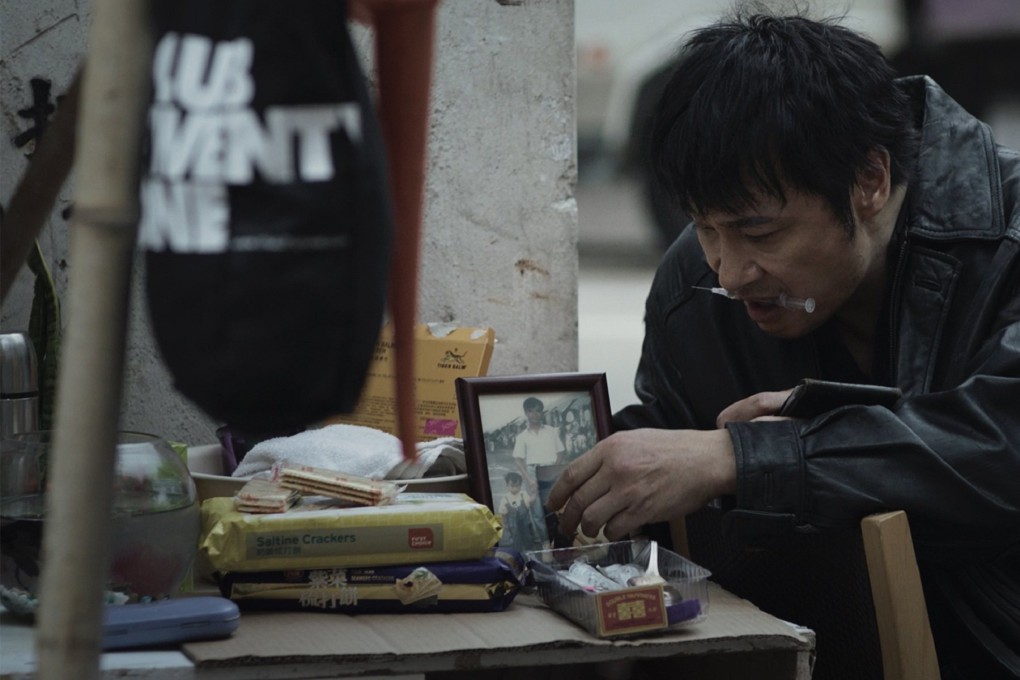Homeless in Hong Kong: director of Drifting, Jun Li, on film’s faithful depiction of life in the margins of society
- The film focuses on the hardships homeless people in the city’s Sham Shui Po district face and the collective experience of people living in the margins
- Li chose not to depict his characters’ backstories, as ‘any kind of flashback would be trying to justify why we have to like a certain character’

Jun Li’s second feature film, Drifting, had its world premiere at the recent International Film Festival Rotterdam, where it played in the Big Screen Competition.
After his acclaimed directorial debut Tracey (2018), a nuanced LGBT drama that intelligently discusses gender identity, Li now turns his attention to the unhoused people who populate the Sham Shui Po district in Kowloon, Hong Kong, and the hardships they face.
Drifting follows Fai (Francis Ng Chun-yu) who, after leaving jail, is welcomed back on the streets by an old friend. However, he doesn’t have time to settle, as his belongings and those of the other unhoused people living along the street are unjustly dumped by government officials. Supported by Ms Ho (Beyond the Dream’s Cecilia Choi Si-wan), a sympathetic social worker, they file a lawsuit claiming both compensation and an official apology.
The incident is no fiction, as a text tells the viewers right before the closing credits. In 2012, a similar lawsuit was filed by 19 unhoused people, who were paid HK$2,000 each, although no apology was issued.
Warning: video contains Cantonese profanities.
“That is the event I depicted in the film,” Li told the Post in an interview the day after Drifting premiered online to a Dutch audience. “But the clearance of the streets still happens today. In fact, it happens every winter and journalists report on it, but the authorities’ attitude towards the community hasn’t changed.”
